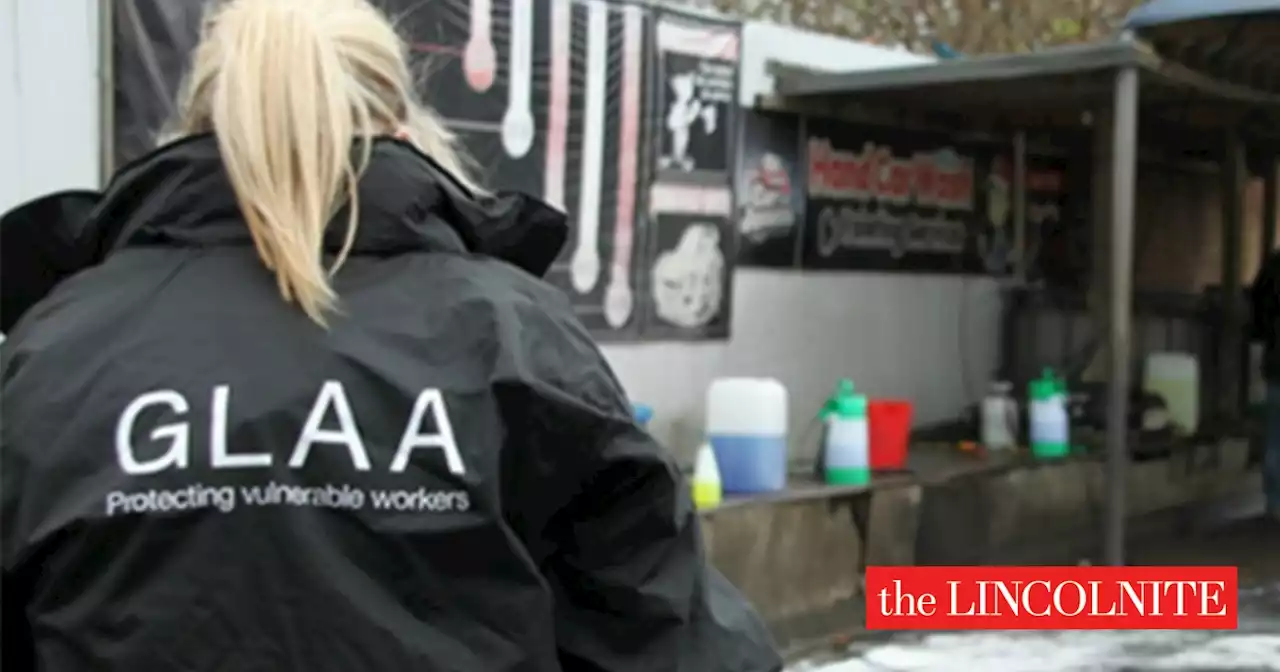The story of Manuel Ramírez and his fight for justice in Mexico
Save time by listening to our audio articles as you multitaskAt around 8.30pm, several men burst into the house. They claimed to be police officers but produced no identification or warrant, and gave no reason for the intrusion. They crowded into the front room waving guns and spouting threats. One man knocked Ramírez’s Dobermann unconscious.
As the vehicle roared around the dirt roads, the men forced Ramírez to stay face down, handcuffed, with a jacket over his head. The only sensation he could feel was the engine’s throb through the fabric of the seat. Through the punches, slaps and accusations, Ramírez continued to deny everything. Then a policeman hit Ramírez so hard on his left ear that all noise seemed to be filtered through layers of wadding. “All right then, motherfucker, we’ll see who’s tough now!” one of his captors said. Ramírez could smell the sweet stench of alcohol on his breath. An officer fetched a battery and connected the electrodes to Ramírez’s testicles.
The intimidation escalated. “That’s when they told me my little son and wife would pay the price for my stubbornness,” he said. The threat restored him to partial lucidity. Ramírez pressed his shaky index finger onto an ink pad and made a print on a blank sheet of paper. He then signed at the bottom of the page. He says that the police filled in the confession afterwards.
In 1999, aged 21, Ramírez moved to Tepexpan, where his father had grown up. He married a local woman, though both families disapproved of the fact that his new wife was ten years older than him. Nine months later, their first child was born, also named Manuel. “It seemed to settle people’s nerves,” Ramírez said.
Over the course of several months, judicial police laid out the state’s case, painting a picture of cold-blooded revenge. According to this story, the accused held a grudge against Martínez Elizalde’s family and spent weeks planning the murder of the eldest son. On May 25th at around 10.30pm, the night before Ramírez’s party, the three men had spotted Martínez Elizalde, a pale, skinny 19-year-old with dark brown hair, standing by football pitches in the centre of Tepexpan.
Even the time of death was fuzzy. The coroner said the victim was murdered between 9-11pm on May 25th. Yet Martínez Elizalde’s friend said he’d been dropped home at 12.30am – at least 90 minutes later. Ramírez’s wife told me that Ramírez had already returned home by 12.30am. Mexico’s legal system certainly has a long history of corruption. Ramírez’s father, Francisco, claims that he saw Rafael Martínez, Emmanuel’s father, hand money to the judge outside the judge’s office.
Nevertheless, the new information impelled Ramírez’s mother and lawyers to search for other evidence – effectively doing the authorities’ work. It was emotional, arduous and mostly inconclusive. Then they made a discovery that helped explain the most important mystery in the saga: why Martínez Elizalde might have wanted to stage his own death.
Ramírez’s legal team, guided by his mother, began to accumulate fresh testimony to support his claim. More witnesses said they’d seen Martínez Elizalde at a local fiesta in 2002. Three men gave evidence that the dead man’s body did not resemble him. Then Castro Gomez provided information that might explain why Ramírez was set up.
Ramírez’s defence team hired an independent forensic anthropologist to study the remains. She found no match between the skull of the exhumed body and photographs of Martínez Elizalde that his family provided. She was confident that the remains belonged to a different person. Yet the government’s own expert upheld the state’s case because, she said, there was a 99.9% probability that Martínez Elizalde’s parents were the parents of the cadaver.
Mexican prisons are hives of corruption where gangs work as effectively and viciously as they do on the streets. Everything has its price, from fresh meals to your own bed or an illicit mobile phone. Inmates often refer to prison as the “most expensive hotel in Mexico”. Perea kept her husband solvent, making sure that he ate well, had his own bunk, medicines and the amenities that made prison life more bearable: nice clothes, toiletries, a television.
During our phone calls and meetings, and after reading reams of court documents, I had come to believe in Ramírez’s innocence. Yet there’s always a nagging uncertainty, no matter the evidence.test showing the match between the body and Martínez Elizalde’s parents. Neither Ramírez nor his lawyer had told me about it. Why? Ramírez hauled a stack of papers bespeckled with yellow Post-it notes from beneath his seat and slapped it down like meat on a butcher’s counter.
A few days passed. Nothing happened. Ramírez’s wife, Perea, and LeBaron decided to walk the 70km to Toluca, the state capital. Already exhausted by the hunger strike, they trudged on under the pounding sun, the exhaust fumes stinging like a wire in the nose. Then, at around 10pm on that first day, Ramírez’s lawyers called. “Manuel is getting out, he’s getting out,” LeBaron shouted. He and Perea both started to cry.
Ramírez’s release was delayed several times. He was initially told he’d need an ankle monitor and would be forbidden from living with his wife or working outside Mexico City. Eventually, a judge relented on these terms. The date was set for July 16th 2021.
United Kingdom Latest News, United Kingdom Headlines
Similar News:You can also read news stories similar to this one that we have collected from other news sources.
 Lightning strikes kill at least 20 people in India in just 24 hoursLightning strikes have killed at least 20 people in one of India’s poorest states in the space of 24 hours. The latest fatalities mean the state has now recorded 181 deaths from lightning strikes this year alone.
Lightning strikes kill at least 20 people in India in just 24 hoursLightning strikes have killed at least 20 people in one of India’s poorest states in the space of 24 hours. The latest fatalities mean the state has now recorded 181 deaths from lightning strikes this year alone.
Read more »
 20 Of The Best Concealers For Every Skin ConcernMany make-up artists recommend forgoing foundation for an excellent concealer.
20 Of The Best Concealers For Every Skin ConcernMany make-up artists recommend forgoing foundation for an excellent concealer.
Read more »
 Modern slavery investigations at over 20 Lincolnshire car washesIssues surrounding poor work conditions and low pay
Modern slavery investigations at over 20 Lincolnshire car washesIssues surrounding poor work conditions and low pay
Read more »
 UK workers reveal their top 20 dream jobsA third are jobs that involve helping other people in some meaningful way
UK workers reveal their top 20 dream jobsA third are jobs that involve helping other people in some meaningful way
Read more »
 Inside 'derelict' former shipyard workers' estate that 'still has 20 residents'The Clune Park estate sits in Port Glasgow, Inverclyde, just over 30 minutes outside Glasgow. The area was once a thriving community of shipyard workers in the 1920s.
Inside 'derelict' former shipyard workers' estate that 'still has 20 residents'The Clune Park estate sits in Port Glasgow, Inverclyde, just over 30 minutes outside Glasgow. The area was once a thriving community of shipyard workers in the 1920s.
Read more »
